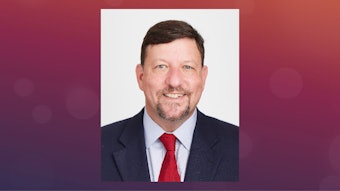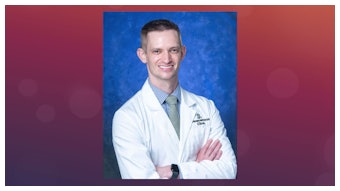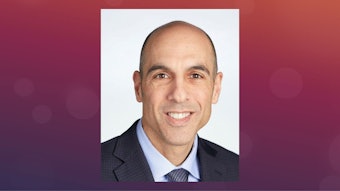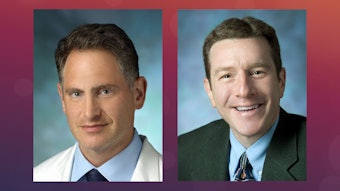Managing burnout in a post-pandemic world
As stress continues to rise in the hospital environment, more hospitals are working to help their staffs deal with it.

If you’re feeling burnout in your job as a physician, you are far from alone. A post-pandemic 2022 Medscape study revealed that 54% of physicians say they have experienced burnout that permeates most aspects of their lives. The same study indicated that 48% of internal medicine practitioners say they have also experienced burnout.
Even before the pandemic, the World Health Organization (WHO) officially recognized burnout as an occupational phenomenon in May 2019.
Burnout has become so prevalent that physicians and non-clinical leaders have become intentional about addressing it. Hospitals have even hired wellness professionals to lead task forces or committees to find practical solutions for individuals, teams, and even entire health systems.
In fact, the Board of the Society of Hospital Management (SHM) started the Well-Being Task Force two years ago and asked Sarah Richards, MD, FACP, associate professor in internal medicine at University of Nebraska Medical Center, and Swati Mehta, MD, FACP, SFHM, CPXP, national director of quality and performance for Vituity, to serve. As chair of the task force, Dr. Richards said the team, including wellness experts and physicians, sought practical ways to give all health care professionals the resources and tools to alleviate burnout as well as find ways to increase wellness and peace of mind.
“Our goal was to find ways to empower individual hospitalists,” Dr. Richards said. “We discussed how we can come up with solutions that give them more control; ways to help them make quick changes.”
In Wednesday’s session, “Choose Your Own Adventure: How to Be an Advocate for Well-Being in Your Organization," 8:30 - 9:30 a.m., Drs. Richards and Mehta will discuss the ramifications of burnout, including its negative impact on patient care and patient experience as well as potentially serious or fatal risks to physicians’ health.
The good news is the task force has already created the Hospitalist Well-Being Advocates Toolkit developed by hospitalists, for hospitalists. The discussion will center on how the toolkit can be customized to the specific needs of different personas, including individual hospitalists for self-care, those in leadership positions caring for their teams, and for someone who is in a formal role as a Chief Wellness Officer.
“The toolkit can help individuals be an advocate or champion for their own well-being, or lead others including their teams to improve their well-being,” Dr. Richards said.
The discussion will focus on the contents of the toolkit and how the tools can be used immediately to foster change and make a quick impact for an individual, a team, and even culturally for an entire hospital or health system.
Dr. Richards said key points include learning practical tips for measuring well-being in your group in a meaningful way, and convincing your leadership of the importance of well-being and how you can get funding for the resources needed to build a culture of wellness in your workplace.
Visit SHM Meeting News Central for more coverage.











